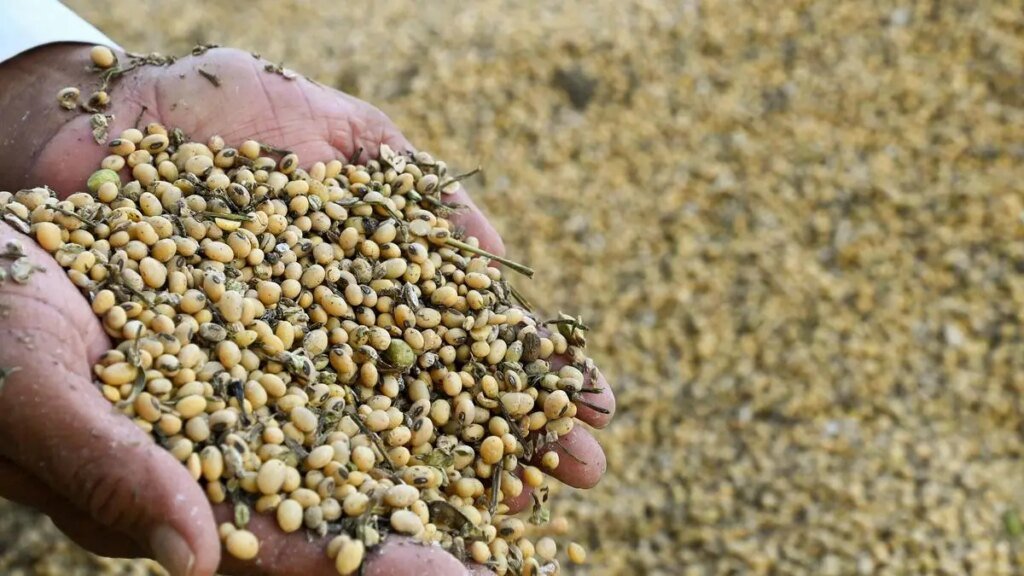Oxford-certified nutritionist reveals which is actually healthier for you: Sugar, jaggery, dates, honey or stevia?
Sugar is often referred to as a silent killer because excessive consumption can lead to serious health problems, such as obesity, type 2 diabetes, heart disease, liver disease, and even hypertension.
Also Read | Cardiologist reveals how a high-protein diet can lead to heart attack at 35: ‘Extreme carnivore diets can cause…’
Often, to combat the harmful effects of sugar, people reach for alternatives like jaggery, honey, dates, monk fruit, and stevia, as they are considered the ‘healthier’ options. But is that the reality? Let’s understand what’s healthier for you and your family.
Which is healthier: sugar or its alternatives?
Suman Agarwal, an Oxford-certified celebrity nutritionist and fitness expert, in an Instagram post shared on October 25, clarified which, among sugar or its alternative, is better for your health. “Let’s end the debate once and for all, which is actually healthier for you and your family: sugar, jaggery, dates, or stevia?” she wrote in the caption.
Here’s what the nutritionist says about sugar and other alternatives:
1. Sugar
Sugar, the most widely consumed form of sweetener, is highly processed, according to the nutritionist. It has a glycemic index (GI) of 65 to 75 and a calorific value of 390 calories per 100 grams. Moreover, it provides zero nutrition and causes spikes in blood sugar levels.
2. Jaggery
Jaggery, the nutritionist says, is considered a healthier choice. “It is less processed and contains traces of iron and is high in potassium,” she stated. However, its glycemic index ranges from 60 to 84, indicating that it may be higher than sugar. Its calorific value is not much lower, at 380 calories per 100 grams.
3. Honey
According to Suman, honey is the least processed sweetener, high in antioxidants, and very good for your gut. Its glycemic index ranges from 45 to 69, with a caloric value of 240 to 330 calories per 100 grams.

4. Dates
Dates are a whole food rich in iron and fibre. The glycemic index is 40 to 55, and the calorific value is 314 calories per 100 grams, per the nutritionist.
Comparing the glycemic index of these 4 sweeteners, Suman pointed out that the bottom line is that eliminating sugar does not give you the freedom to consume these alternatives in excess quantities. “Make sure you’re not having more than two dates on a daily basis,” she advised.
Now, coming to safer natural alternatives to these sugars, which are zero in calories, such as stevia and monk fruit, here’s what the nutritionist had to say:
5. Stevia
Stevia is 100 to 200 times sweeter than sugar, but it has a bitter aftertaste.
6. Monk fruit
In contrast, monk fruit is 250 to 300 times sweeter than sugar and has a fruity aftertaste.
The nutritionist highlighted, “They are much safer as sweeteners compared to artificial sweeteners like aspartame and sucralose. According to WHO guidelines, one should consume less than 10 percent of their total caloric intake from these sugars. However, I recommend a much lesser amount, which is not more than two teaspoons a day.”
Avoid these artificial sweeteners
Here’s a list of popular artificial sweeteners that we should avoid, as suggested by the nutritionist, along with examples of products that commonly use them:
1. Sucralose: Used in Diet Pepsi, MuscleBlaze Whey Gold, and Splenda
2. Aspartame: Found in Diet Coke, Sugar Free Gold, and Pepsi Max
3. Acesulfame-K: Used in Coke Zero, Red Bull Sugar Free, and Protein World shakes
4. Saccharin: Used in Sweet’N Low and Sugar Twin
5. Neotame: Used in low-calorie bakery and dairy products (industrial use)
Note to readers: This article is for informational purposes only and not a substitute for professional medical advice. Always seek the advice of your doctor with any questions about a medical condition.
This report is based on user-generated content from social media. HT.com has not independently verified the claims and does not endorse them.



